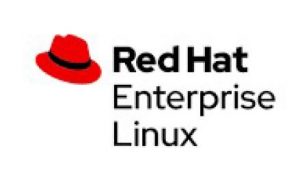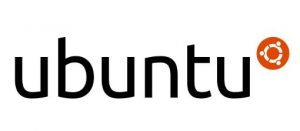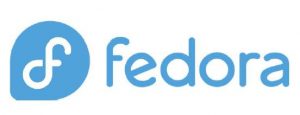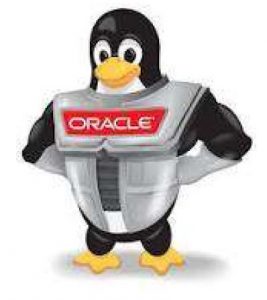Linux distributions used in Company

Linux distributions used in Company
1. CentOS
An Open source Operating system that releases two distinct CentOS Linux Distribution, CentOS Stream. Where Stream edition is upstream development for RHEL Operating system release.

Launched in late 2003, CentOS was a community project with the goals of rebuilding the source code for Red Hat Enterprise Linux (RHEL) into an installable Linux distribution and to provide timely security updates for all included software packages. To put in more bluntly, CentOS was a RHEL clone. The only technical difference between the two distributions was branding – CentOS’s Linux edition replaced all Red Hat trademarks and logos with its own. Red Hat sponsored and hired CentOS developers starting in 2014.
A very powerful operating system and ready for production use. It launch as community OS with no enterprise support. CentOS has various version such as– 5, 6, 7, 8
OS is available for Server, Desktop, Virtualization and various cloud provider platform.
The CentOS project will discontinue their updates and release of CentOS Linux between 2021 and 2024. Updates for CentOS 8 Linux ended in 31st December 2021 and update for CentOS 7 will end on June 30, 2024.
2. RHEL OS
Red Hat Enterprise Linux (RHEL) is a Linux distribution developed by Red Hat and targeted toward the commercial market. Red Hat Enterprise Linux is released available in server editions for x86, x86_64 and desktop editions for x86 and x86_64 processors and in Various Cloud platform.

OS support system is available if buy the subscription from Red Hat. RHEL OS has various release such as– RHEL 5, 6, 7, 8, 9
3. Ubuntu
It is a complete desktop Linux operating system, freely available with both community and professional support. The Ubuntu community is built on the ideas enshrined in the Ubuntu Manifesto: that software should be available free of charge, that software tools should be usable by people in their local language and despite any disabilities, and that people should have the freedom to customize and alter their software in whatever way they see fit. “Ubuntu” is an ancient African word, meaning “humanity to others”. The Ubuntu distribution brings the spirit of Ubuntu to the software world.

Ubuntu comes with everything you need to run your organization, school, home or enterprise. All the essential applications, like an office suite, browsers, email and media apps come pre-installed and thousands more games and applications are available in the Ubuntu Software Centre.
Ubuntu releases two versions every year, one in April and one in October, from Canonical. The version number normally denotes the year in which the software was released. For example, version 20.04 specifies that it was released in the year 2020 and in the month of April.
4. Fedora Linux
Fedora Linux (formerly Fedora, formerly Fedora Core) is a Linux distribution developed by the community-supported Fedora Project and owned by Red Hat. Fedora Linux contains software distributed under a free and open-source license and aims to be on the leading edge of such technologies. Fedora has a reputation for focusing on innovation, integrating new technologies early on and working closely with upstream Linux communities.

The default desktop in Fedora Linux is the GNOME desktop environment and the default interface is the GNOME Shell. Other desktop environments, including KDE, Xfce, LXDE, MATE and Cinnamon, are available. The Fedora project also distributes custom variations of Fedora called Fedora spins. These are built with specific sets of software packages, offering alternative desktop environments or targeting specific interests such as gaming, security, design, scientific computing and robotics.
5. Rocky Linux
It is a Linux distribution developed by Rocky Enterprise Software Foundation. It is intended to be a downstream, complete binary-compatible release using the Red Hat Enterprise Linux (RHEL) operating system source code. The project’s aim is to provide a community-supported, production-grade enterprise operating system.

The first release candidate version of Rocky Linux was released on April 30, 2021, and its first general availability version was released on June 21, 2021. Rocky Linux 8 will be supported through May 2029.
6. Oracle Linux
Oracle Linux is an enterprise-class Linux distribution supported by Oracle and built from source packages for Red Hat Enterprise Linux (RHEL). Some of the special features of Oracle Linux include a custom-build and rigorously-tested Linux kernel called “Oracle Unbreakable Kernel”, tight integration with Oracle’s hardware and software products including most database applications, and “zero downtime patching” – a feature that enables administrators to update the kernel without a reboot.

